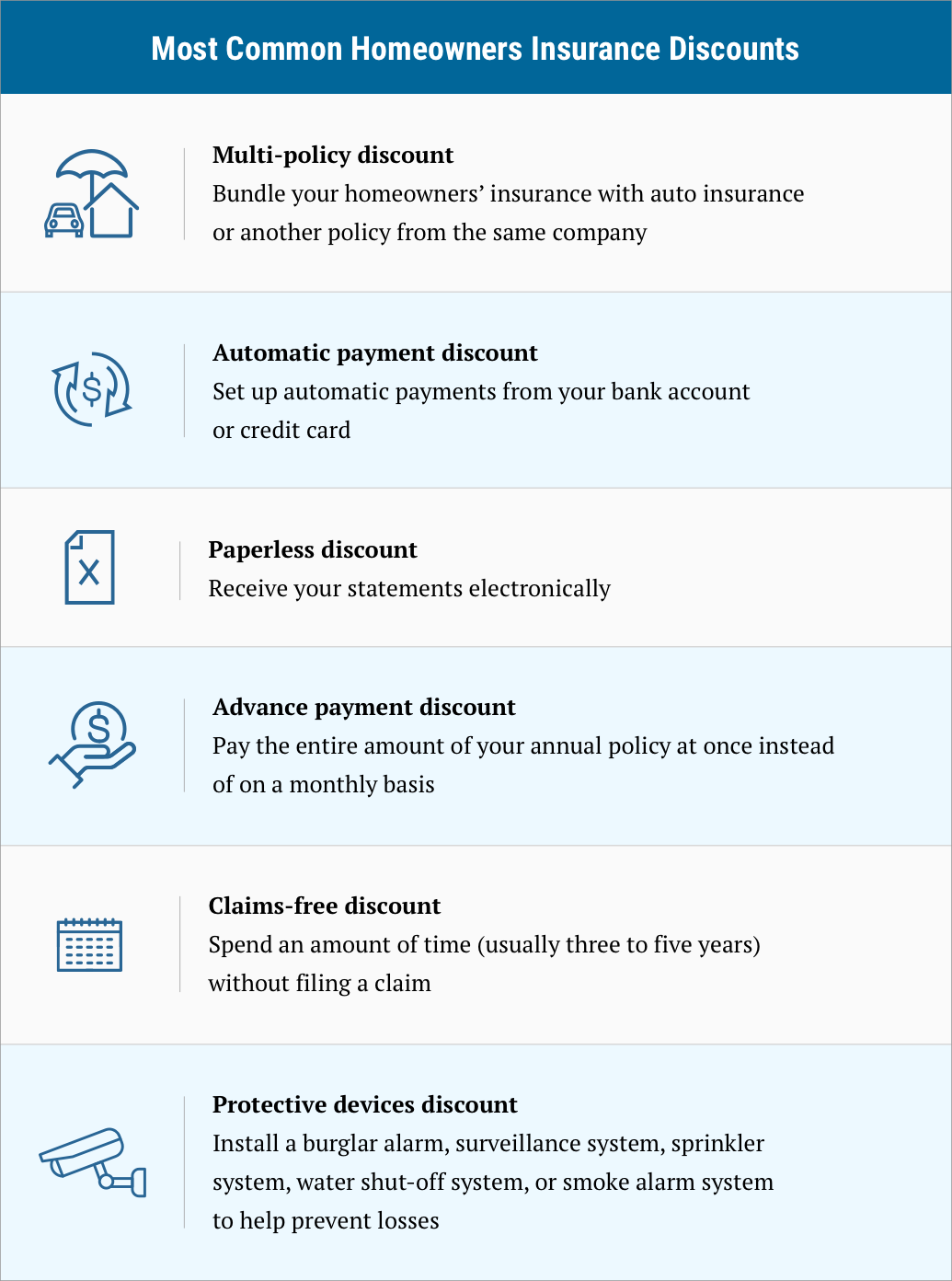Whole life and universal life insurance are both thought about irreversible policies. That indicates they're designed to last your whole life and won't end after a certain time period as long as needed premiums are paid. They both have the prospective to build up cash value over time that you may have the ability to borrow versus tax-free, for any factor. Because of this feature, premiums may be greater than term insurance coverage. Whole life insurance policies have a fixed premium, suggesting you pay the same amount each and every year for your protection. Much like universal life insurance, entire life has the prospective to accumulate money value with time, developing a quantity that you may have the ability to borrow versus.
Depending upon your policy's possible cash value, it may be utilized to avoid a superior payment, or be left alone with the prospective to collect value gradually. Potential development in a universal life policy will vary based upon the specifics of your individual policy, in addition to other factors. When you purchase a policy, the issuing insurer establishes a minimum interest crediting rate as outlined in your agreement. Nevertheless, if the insurance company's portfolio makes more than the minimum interest rate, the company may credit the excess interest to your policy. This is why universal life policies have the possible to make more than a whole life policy some years, while in others they can earn less.
Here's how: Considering that there is a money worth part, you might have the ability to skip exceptional payments as long as the money worth suffices to cover your needed expenditures for that month Some policies may permit you to increase or decrease the death advantage to match your particular scenarios ** In numerous cases you may borrow against the money value that may have collected in the policy The interest that you may have earned in time collects tax-deferred Entire life policies use you a repaired level premium that will not increase, the possible to collect money worth with time, and a repaired survivor benefit for the life of the policy.
As a result, universal life insurance premiums are typically lower during periods of high rate of interest than whole life insurance premiums, frequently for the exact same amount of coverage. Another essential distinction would be how the interest is paid. While the interest paid on universal life insurance coverage is typically changed monthly, interest on an entire life insurance policy is usually adjusted every year. This could indicate that during durations of rising rates of interest, universal life insurance policy holders may see their money worths increase at a quick rate compared to those in whole life insurance policies. Some individuals might prefer the set survivor benefit, level premiums, and the capacity for development of an entire life policy.

Although whole and universal life policies have their own unique features and advantages, they both concentrate on supplying your loved ones with the cash they'll need when you die. By dealing with a qualified life insurance coverage agent or company representative, you'll be able to pick the policy that best meets your specific requirements, budget plan, and financial objectives. You can also get acomplimentary online term life quote now. * Supplied required premium payments are timely made. ** Boosts might be subject to extra underwriting. WEB.1468 (When is open enrollment for health insurance). 05.15.
Get This Report about What Does Gap Insurance Cover

You don't need to guess if you must enroll in a universal life policy due to the fact that here you can discover everything about universal life insurance pros and cons. It resembles getting a sneak peek before you purchase so you can choose if it's the ideal kind of life insurance for you. Keep reading to learn the ups and downs of how universal life premium payments, cash worth, and death advantage works. Universal life is an adjustable kind of irreversible life insurance that allows you to make modifications to two primary parts of the policy: the premium and the survivor benefit, which in turn affects the policy's cash worth.
Below are a few of the general pros and cons of universal life insurance coverage. Pros Cons Created to provide more versatility than entire life Does not have the ensured level premium that's readily available with entire life Money value grows at a variable rate of interest, which might yield greater returns Variable rates also mean that the interest on the money worth could be low More chance to increase the policy's money worth A policy generally needs to have a favorable cash value to stay active Among the most attractive functions of universal life insurance coverage is the capability to pick when and how much premium you pay, as long as payments fulfill the minimum quantity needed to keep the policy active and the Internal Revenue Service life insurance coverage guidelines on the maximum amount of excess premium payments you can make (How much is dental insurance).
However with this flexibility also comes some downsides. Let's go over universal life insurance benefits and drawbacks when it comes to changing how you pay premiums. Unlike other types of permanent life policies, universal life can adapt to fit your monetary requirements when your money circulation is up or when your budget is tight. You can: Pay higher premiums more regularly than required Pay less premiums less frequently or perhaps avoid payments Pay premiums out-of-pocket or use the cash worth to pay premiums Paying the minimum premium, less than the target premium, or avoiding payments will adversely impact the policy's cash value.